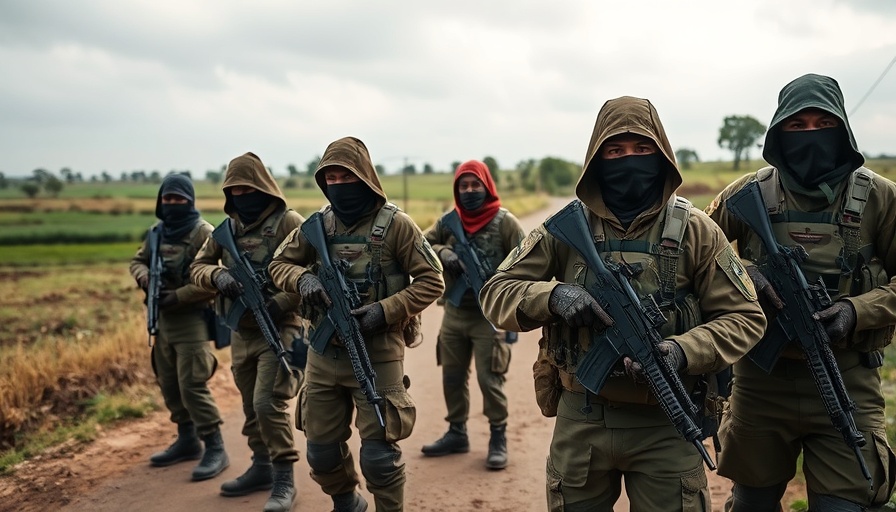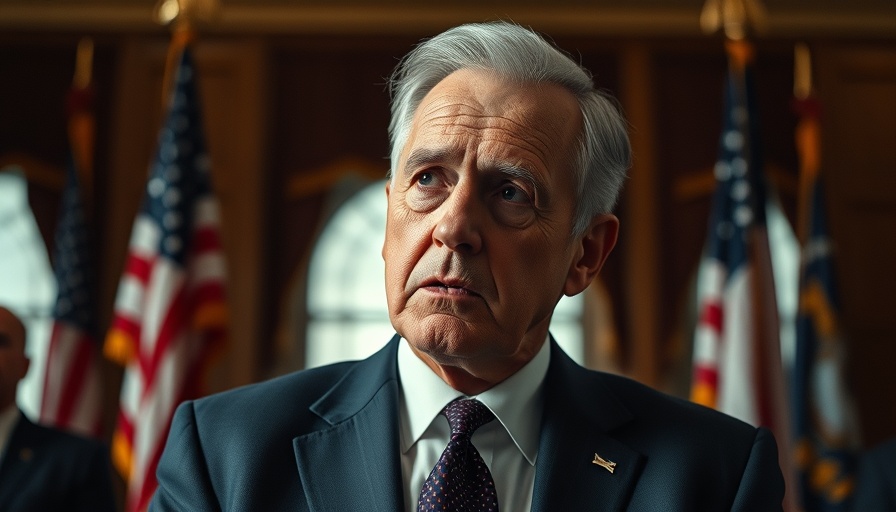
Understanding the Impact of U.S. Sanctions on Sudan
In response to the ongoing conflict in Sudan, the U.S. has imposed stringent sanctions aimed at the country's military leadership. These measures come amid rising accusations of chemical weapons use by Sudan's army. Specifically, the sanctions restrict arms sales and financial assistance to the Sudanese government while allowing humanitarian aid to continue. As many as 13 million people have been displaced due to the escalating violence, underscoring the severity of the situation.
In 'Sudan: U.S. sanctions over alleged chemical weapons use come into force', the video discusses critical sanctions and their implications, prompting us to analyze the broader impact on the ongoing humanitarian crisis.
Why Sanctions Matter in This Context
The U.S. sanctions, particularly against General Abdel Fattah Al-Burhan and RSF chief Muhammad Dagalo, signify a critical stance from the international community. The allegations surrounding chlorine gas use highlight the need for accountability in warfare. Despite the Sudanese government’s denial of these claims, they point to a broader pattern of human rights violations amid the civil war that has led to significant loss of life.
Humanitarian Crisis Amid Conflict
Currently regarded as the world's worst humanitarian crisis, the volatility in Sudan complicates global response efforts. As the situation deteriorates, it raises urgent questions about the role of international bodies like the United Nations in mediating peace. The humanitarian space remains precarious, with over 13 million individuals in desperate need of assistance as they confront one of history's most devastating civil conflicts.
Future Implications for Sudan and the Region
The recent sanctions could serve as a precedent for U.S. policy in similar situations, reflecting a shift towards proactive measures against human rights violations. Observers are watching closely to see how the internal conflict within Sudan's leadership will evolve and the subsequent international responses. With the sanctions in place for at least a year, the ongoing situation necessitates vigilance and advocacy for peace and protection of civilian lives.
 Add Row
Add Row  Add
Add 




Write A Comment